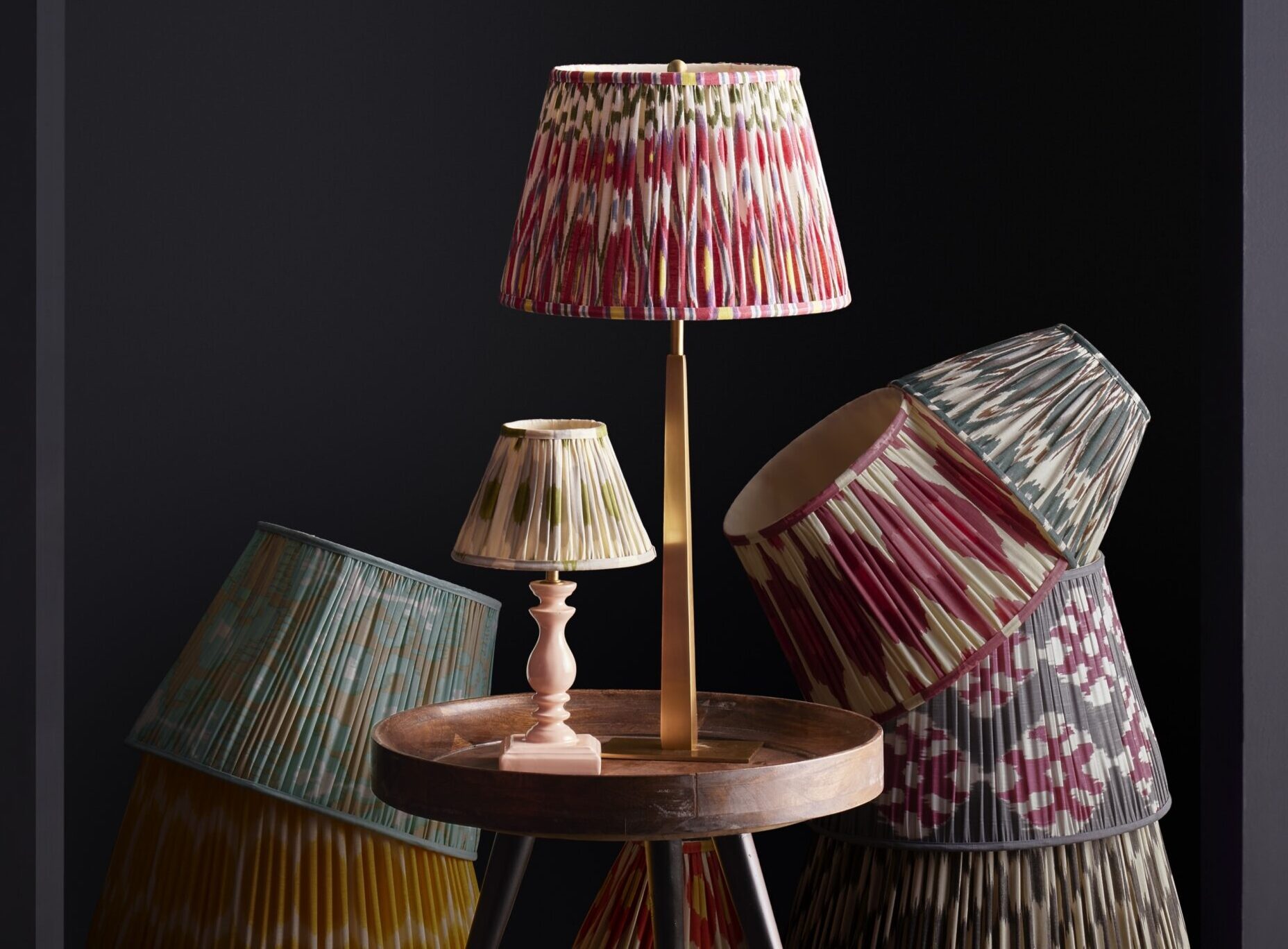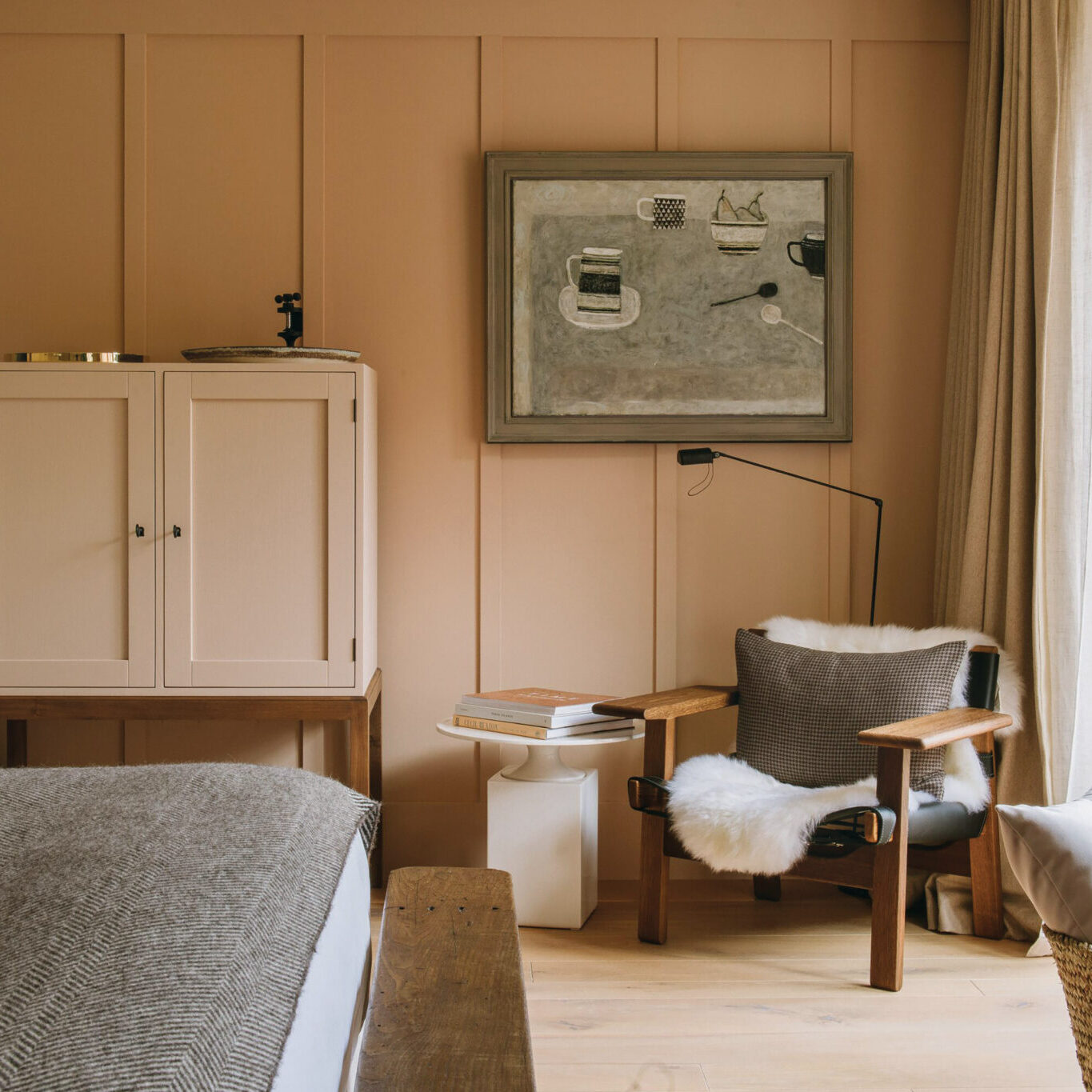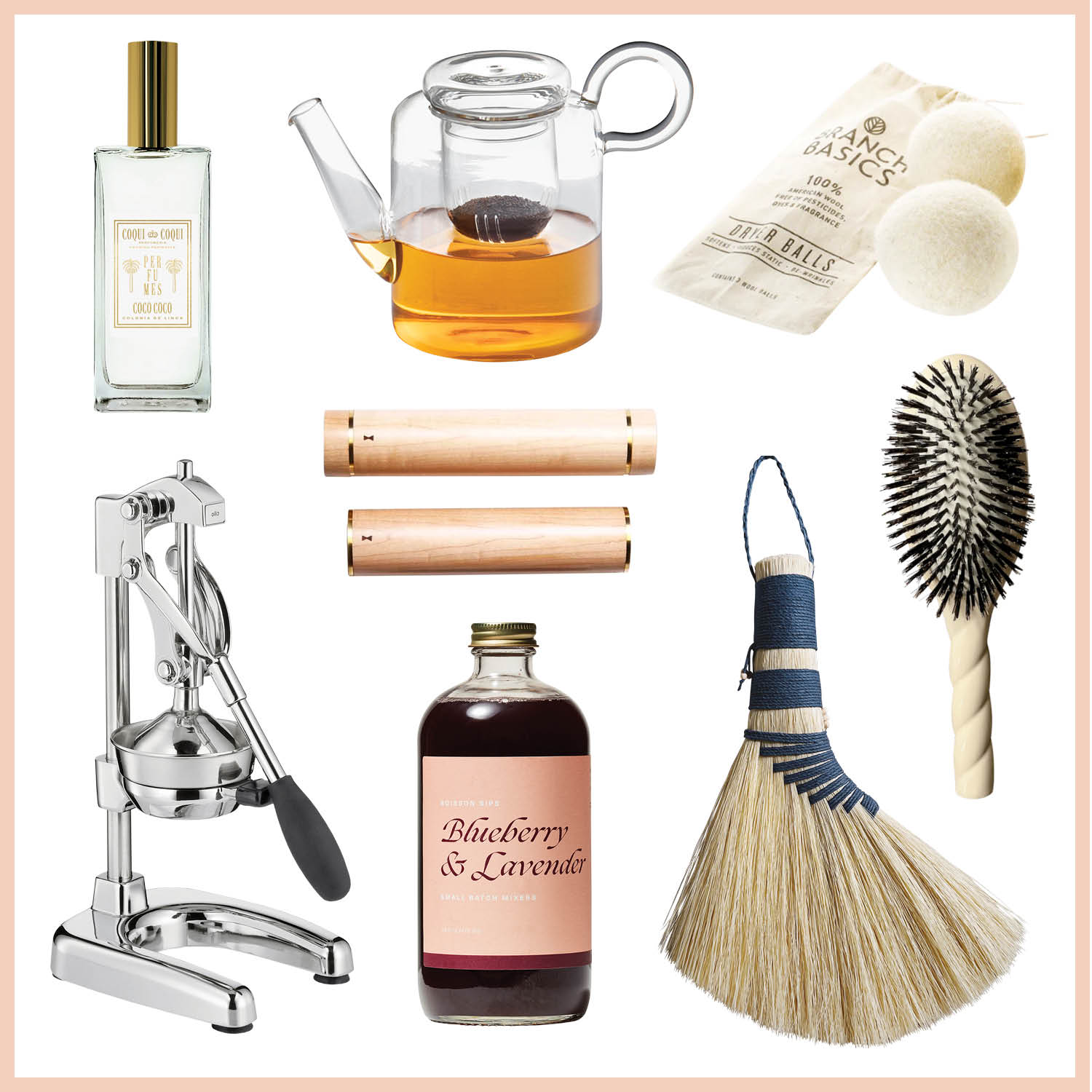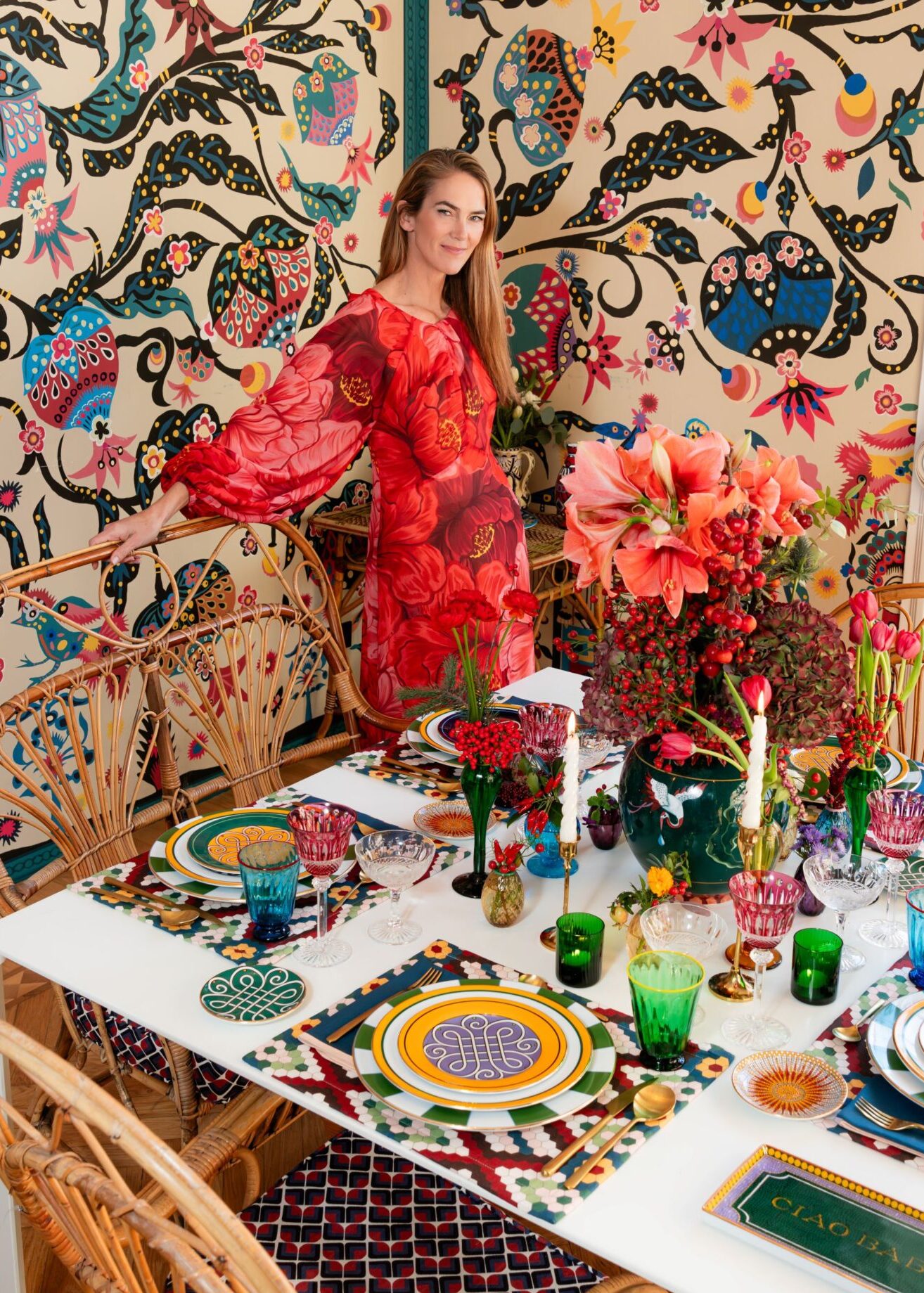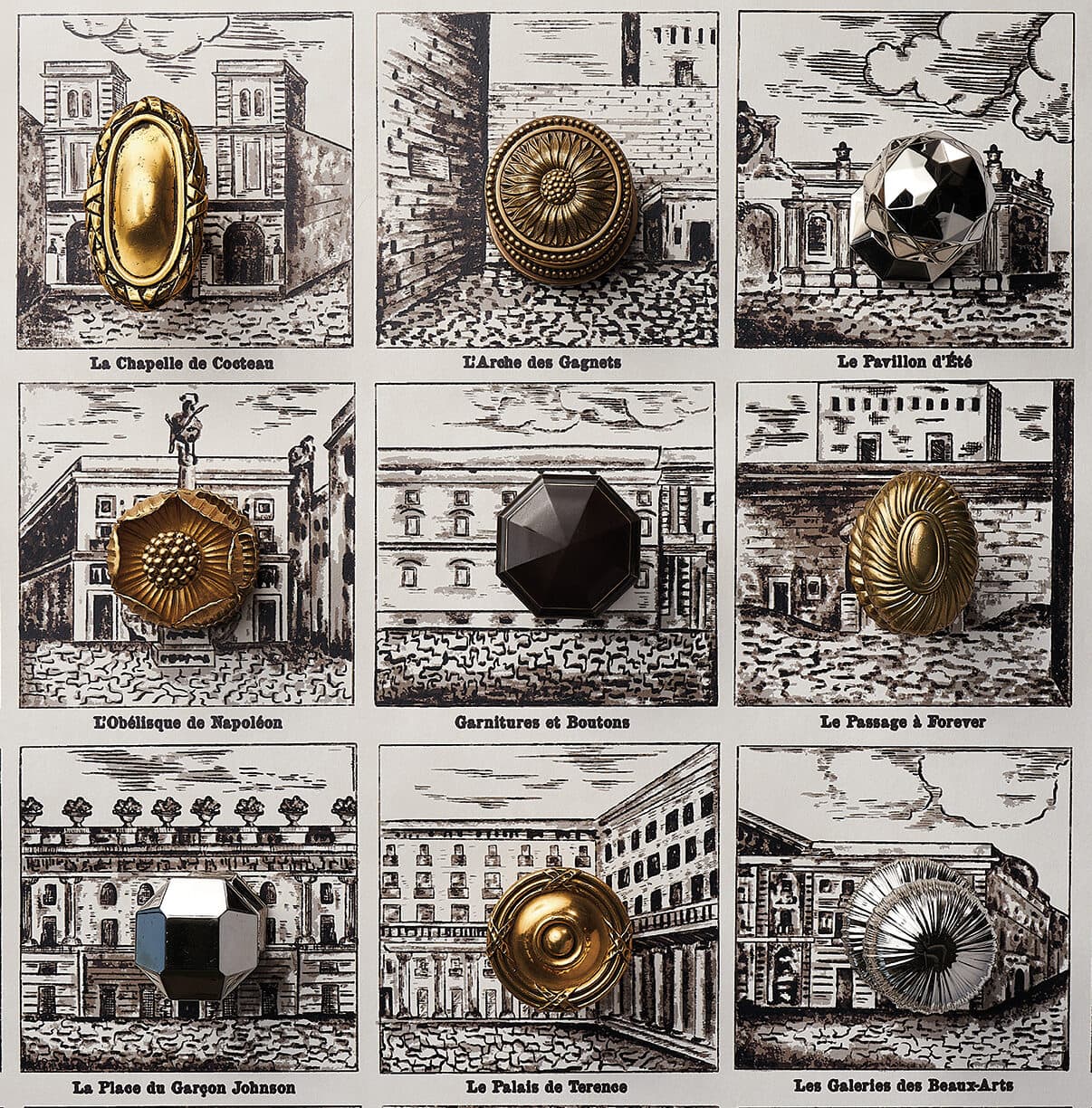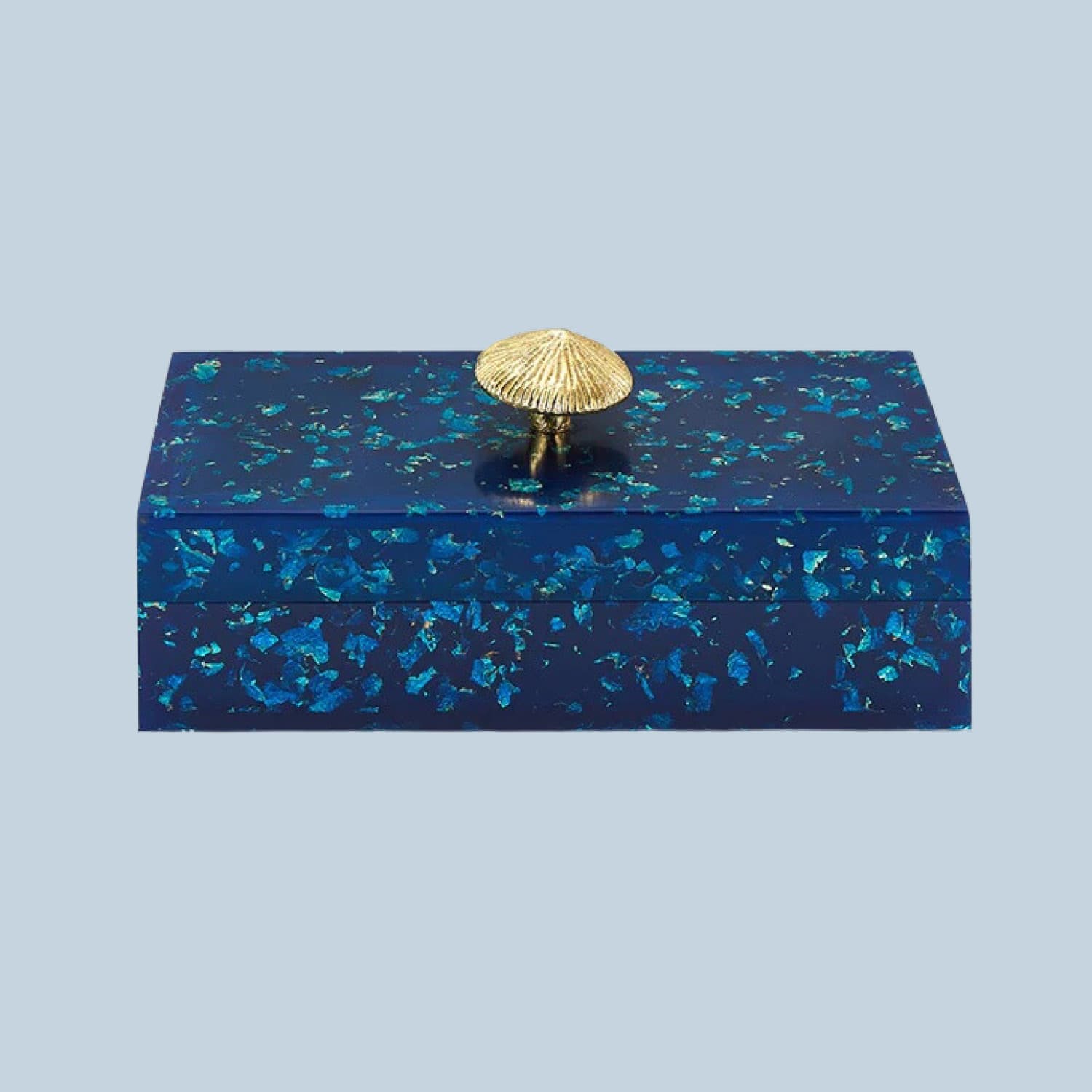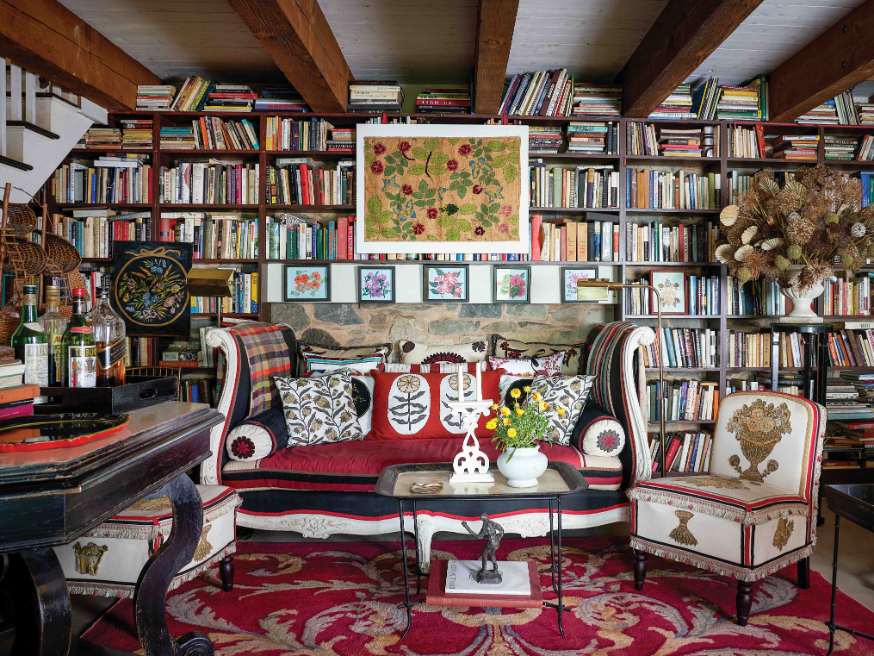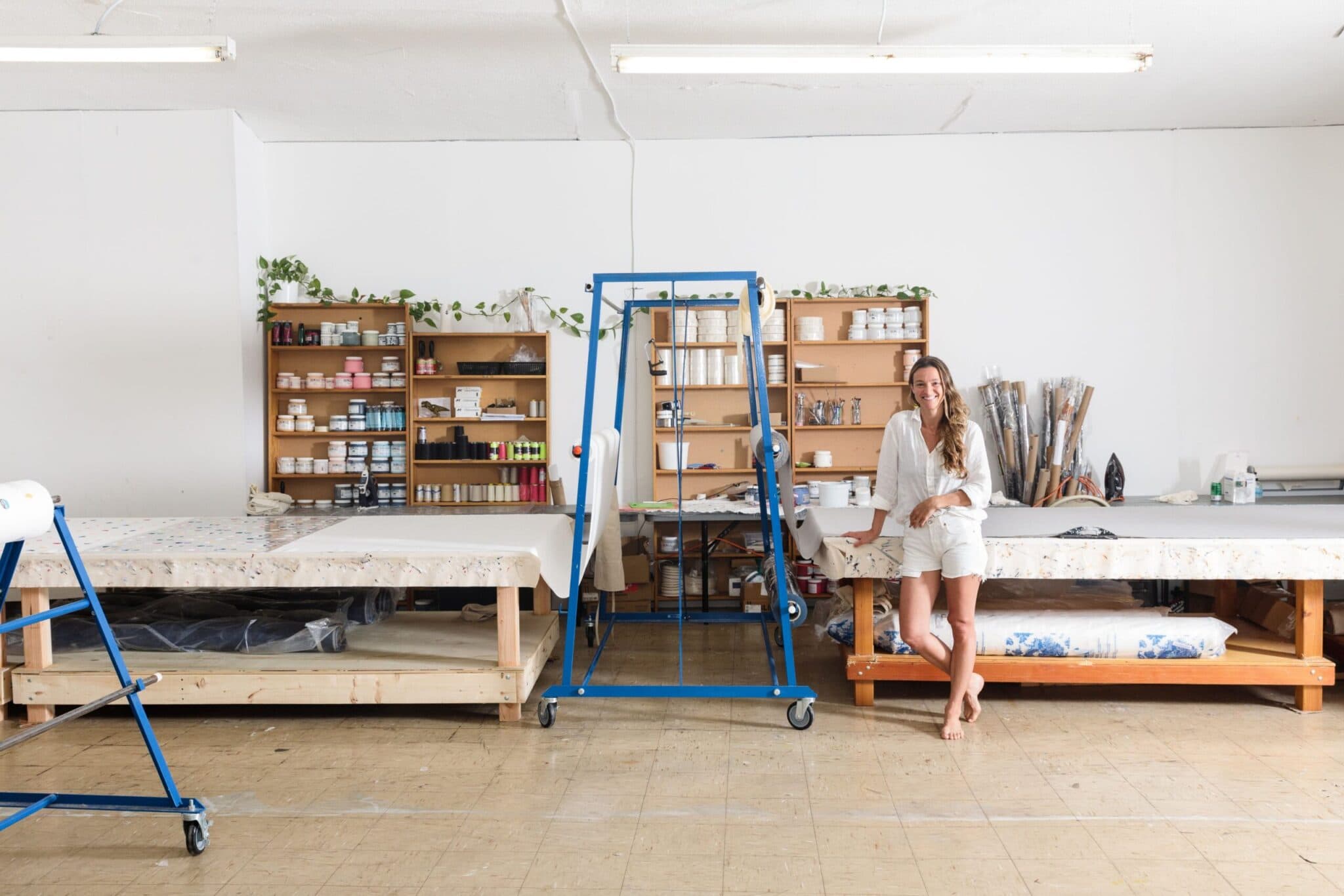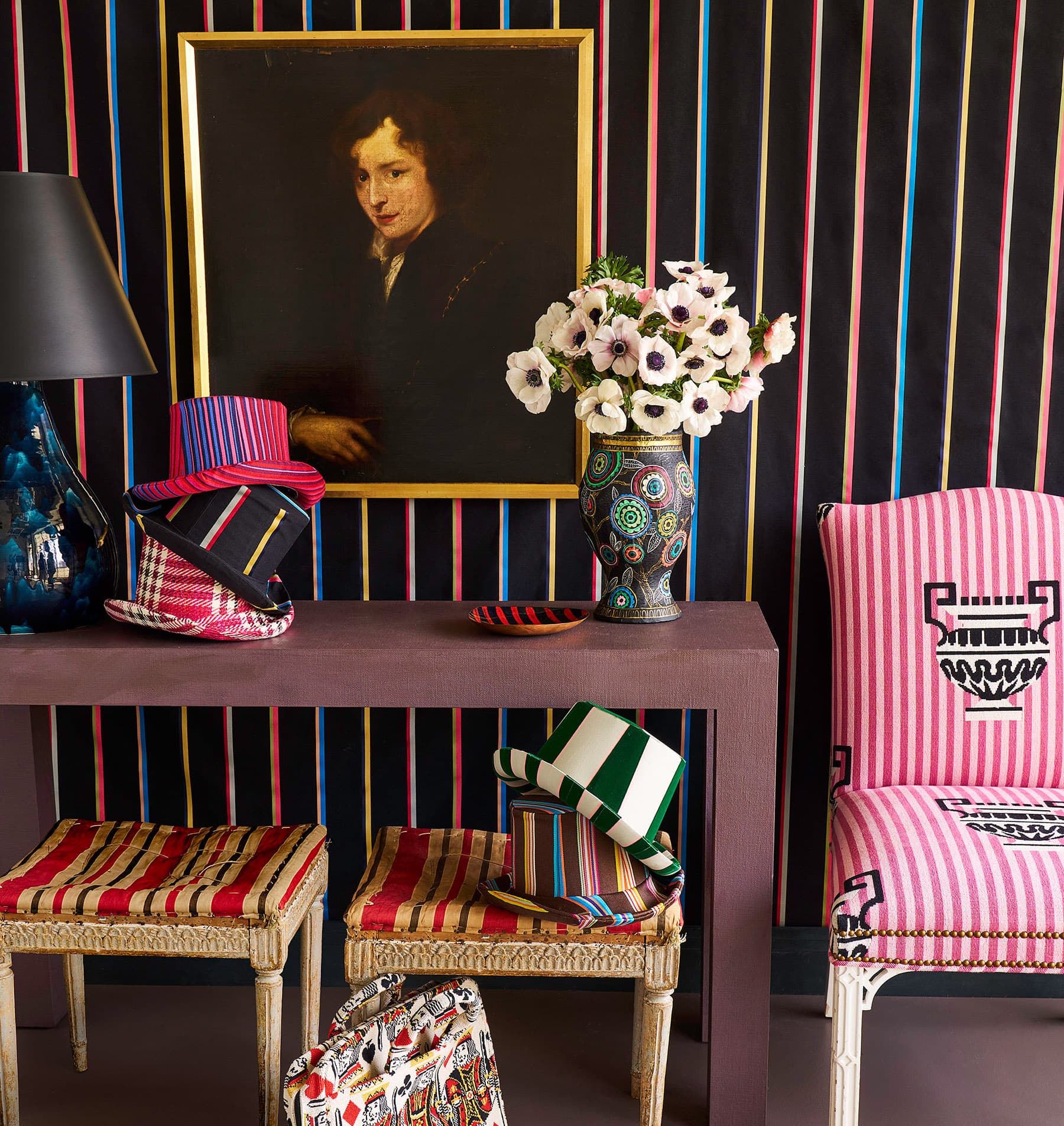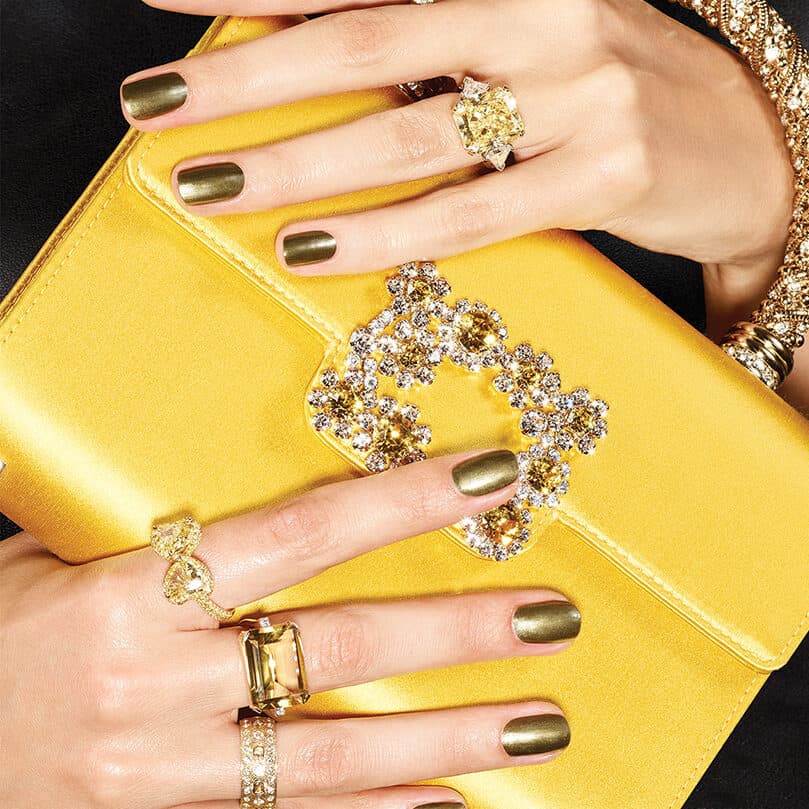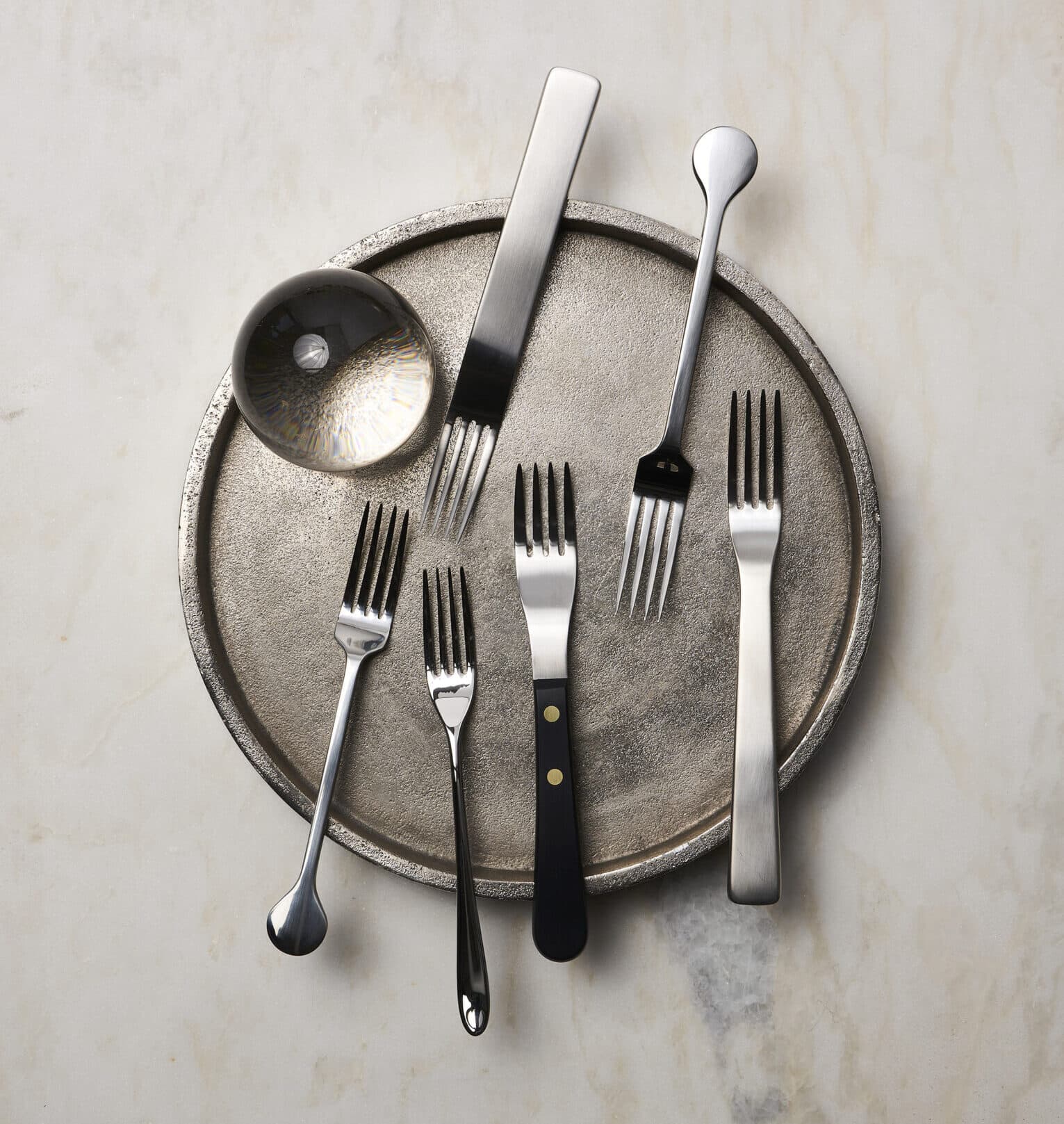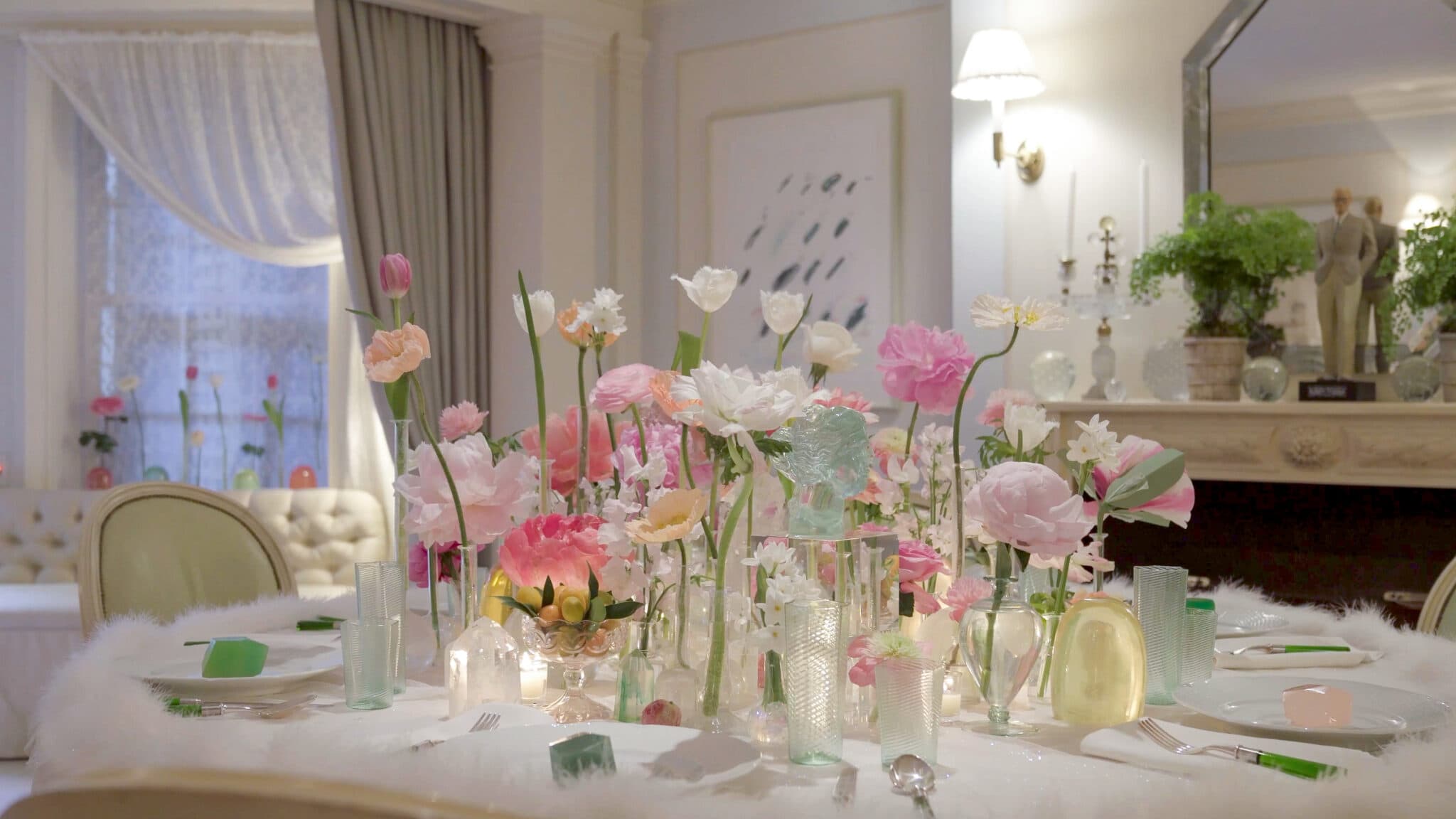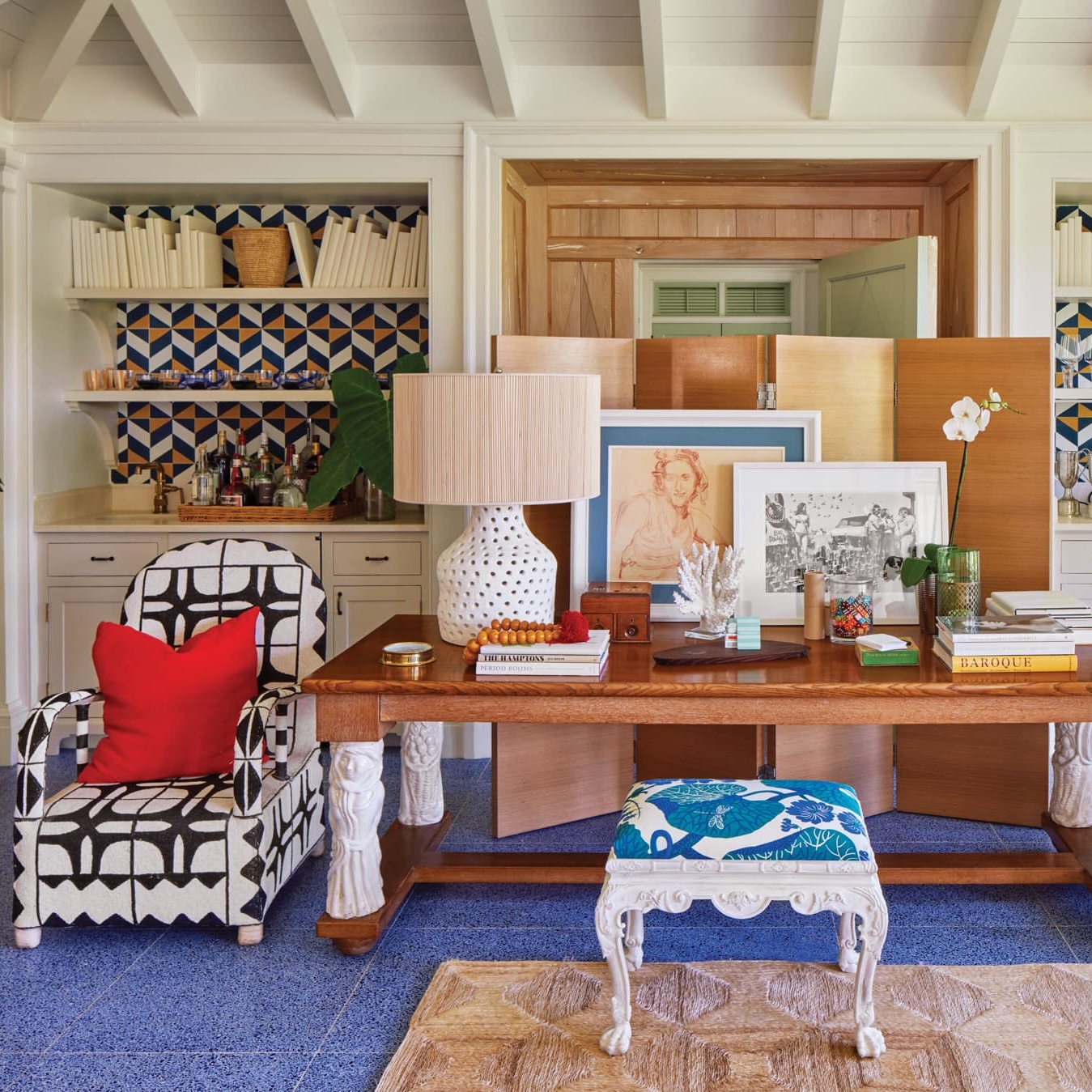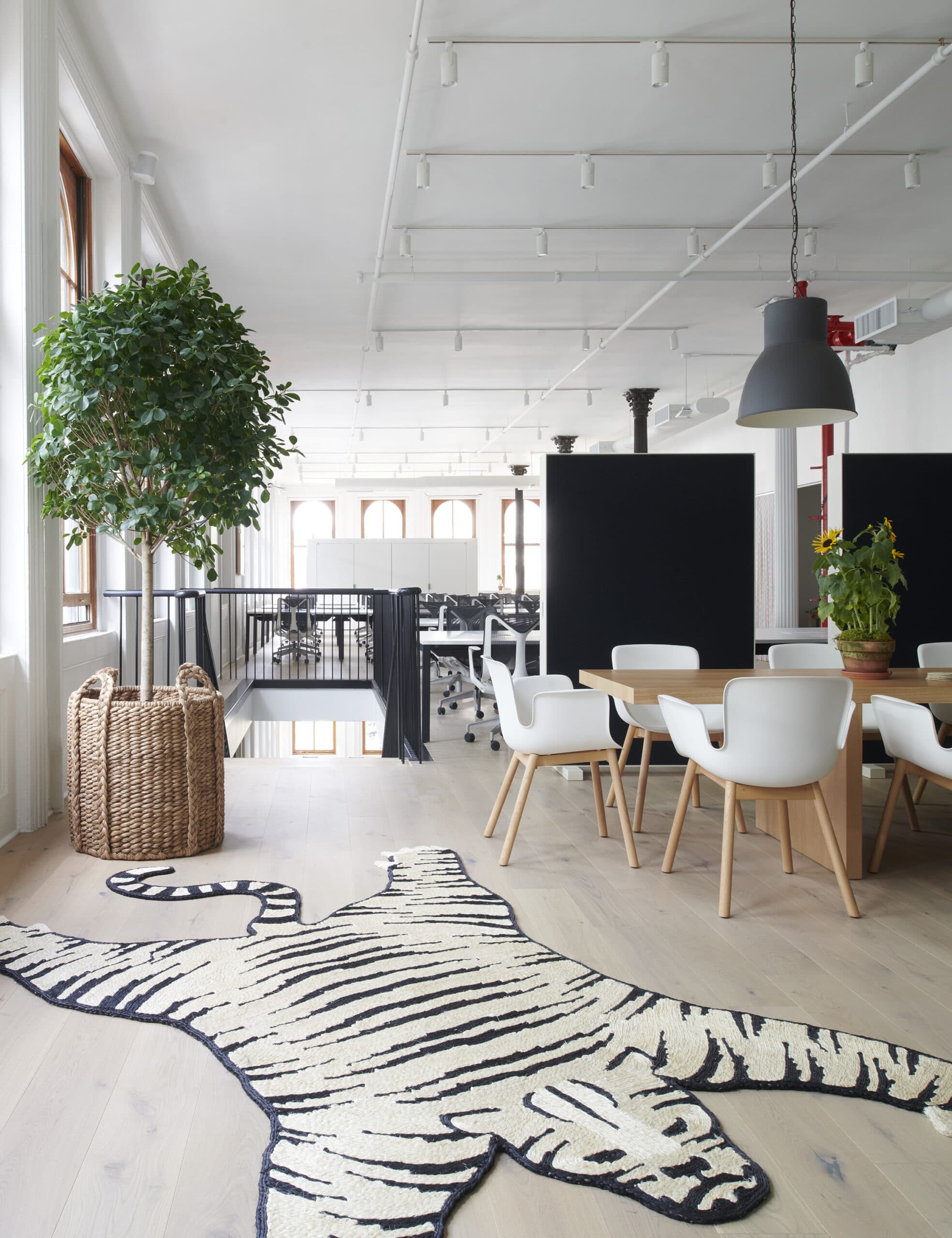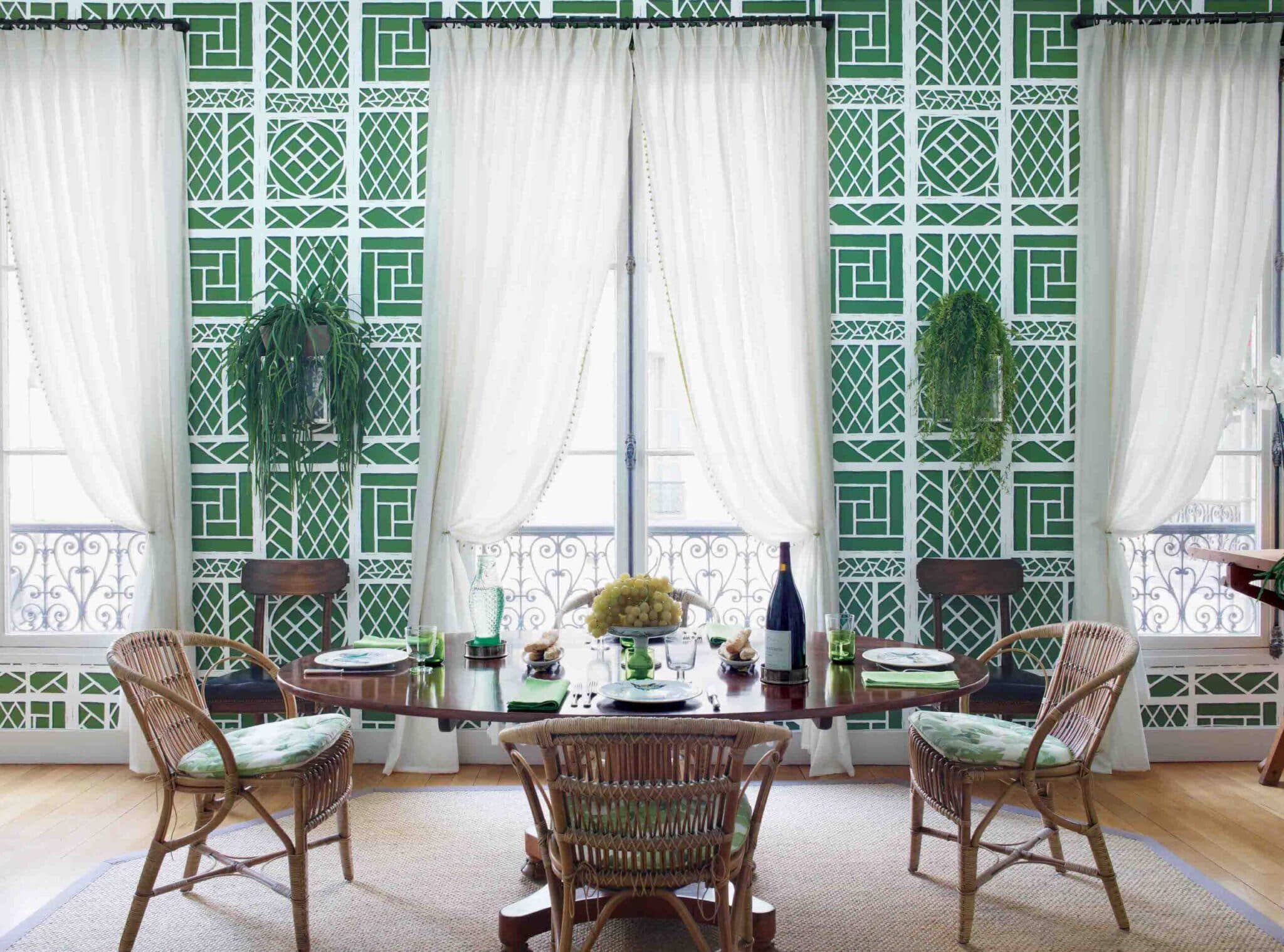
In her book The Perfect Kitchen, Barbara Sallick, co-founder and SVP of Design at Waterworks, spills the beans on a room that is perhaps the most loved and used but also the most complicated to design. Here, we’re sharing some of Sallick’s sage advice alongside helpful tips and tricks from culinary-savvy interior designers, professional chefs and cookbook mavens.

Order your copy here >

First of All, Why the Kitchen?
“The role of the kitchen has certainly evolved over time. In the great homes of the late 19th and early 20th centuries, the room was almost completely disconnected from a residence’s public spaces and seldom part of the larger decorative environment,” Sallick explains. “Tellingly, when you look through books featuring the work of great prewar decorators like Dorothy Draper and Frances Elkins, the kitchens aren’t featured. Why would anyone who aspired to a gracious style of living want to look at a lot of sinks and stoves?
“Today, by contrast, architects and designers spend a great deal of time adding enough square footage to accommodate kitchens, breakfast rooms and dens—the holy trinity of modern living—when renovating classic homes. They also explicitly connect these rooms to more formal spaces, which are typically reserved for special occasions.”

Designed by Amy Morris Interiors, this airy open plan space functions as a kitchen-meets-family hangout spot.Simon Upton
Sallick's List of Important Things to Remember
-
Start with a wish list, and think about the kind of experience you want to create.
-
Hire a professional or two.
-
Use beautiful hardware. It’s something you’ll touch and use multiple times a day.
-
Choose your faucet and sink wisely. They will be the hardest-working elements in the room
-
Use a mix of natural material, and try to touch everything before you buy it.
-
Don’t forget a great backsplash.
-
Create a welcoming space for family and friends.

A an elegant-meets-rustic country kitchen by Josh Polar Designs.William Abranowicz/Art + Commerce
Embrace the Nicks and Stains
“My favorite element [of our kitchen] is the central island, which has a marble top. Everyone said don’t do marble, it stains and it pits,” notes Melissa Clark, food reporter for the New York Times and cookbook author. “But I thought about all those churches in Italy with marble steps, and all those café tables in Paris, and you know what? I think they look fantastic— they’ve got personality. Ten years in, the marble is a bit stained and chipped, and it’s just beautiful.”

Light colored marble adds a subtle contrast to the stark white cabinetry in this kitchen by Suzanne Lovell.Eric Piasecki/OTTO
When It Comes to Shelving, More Is More
“My firm has designed a multitude of kitchens over the decades, yet we often engage storage planners to help us maximize space, and these canny consultants have taught me many tricks,” explains Manhattan-based designer Brian J. McCarthy. “One of the best: When people design cabinets, they typically opt for three shelves, but five is better—you won’t have big, heavy stacks of china to move, and you can organize and access the contents more comfortably and efficiently. Think as well about setting your shelves on glides. That way, you can lay hands on all the tableware in back that you’d otherwise never use.”

Sleek cabinets in a retro avocado hue add a downtown vibe to traditional marble counters and elegant faucet. Designed by Gachot in collaboration with Paul Fortune Design Studio.William Abranowicz/Art + Commerce
And When It Comes to Functionality, Don't Skimp!
“I’m the kind of home cook who cleans as he goes, and for the sake of aesthetics and efficiency as well as tidiness, there’s a slot on my countertop that lets me sweep the leavings directly into the trash. The drawers in which I store pots and pans are lined with stainless steel, to both protect the wood and make them easier to clean. I am a great believer in having two dishwashers, especially if you like to entertain,” says Alfred Portale, the Executive Chef and co-owner of Gotham Bar and Grill in New York.
“As for things to avoid, I’d suggest not making your kitchen too large. It’s tempting, I know. But a big, cold space militates against companionability; compression equals intimacy. And stay away from malodorous gas grills, unless you want to spend your life fanning the smoke detector.”

A graphic floor acts as the focal point in this kitchen by Shawn Henderson.Steve Freihon/Tungsten LLC
RELATED:
Designer Rita Konig and the kitchen experts at Plain English share their very British household tips and recipes.

